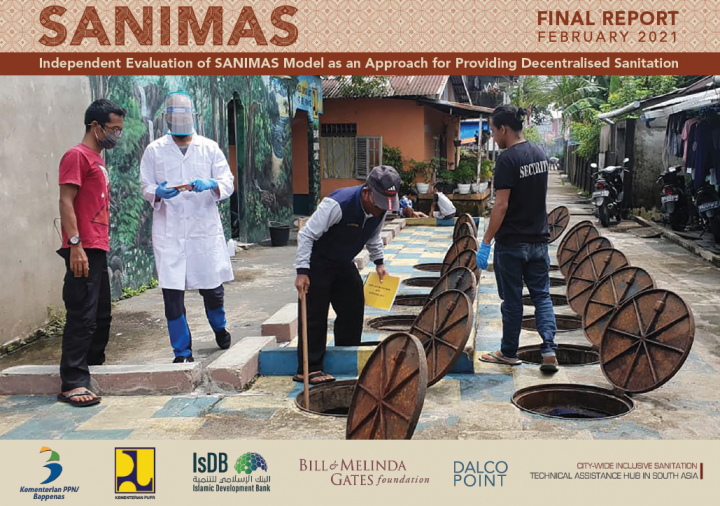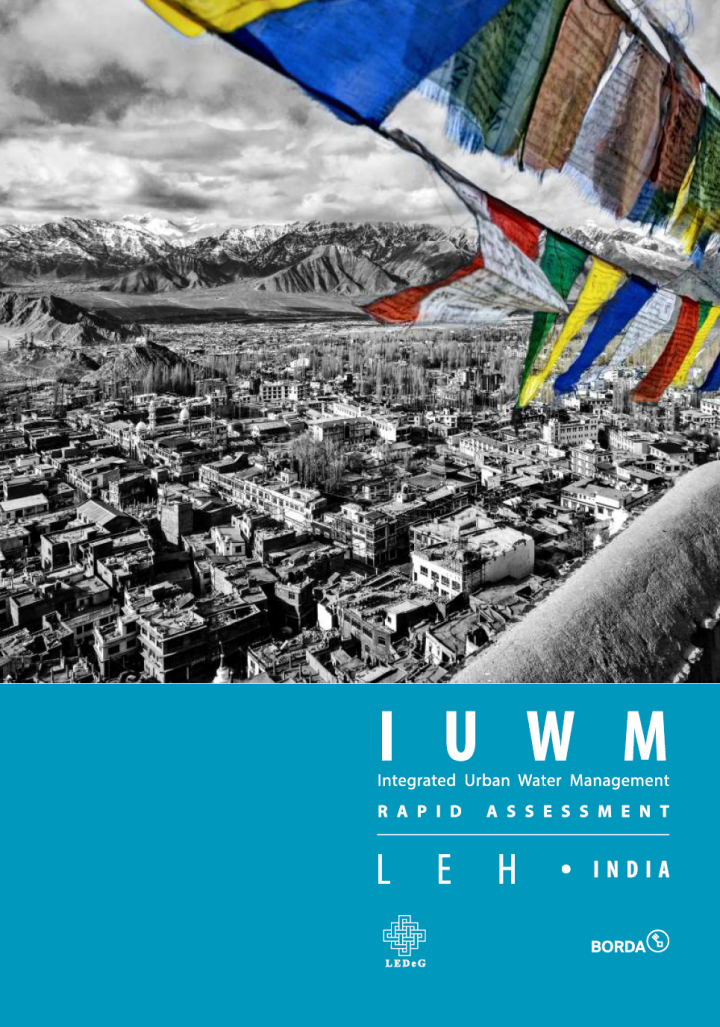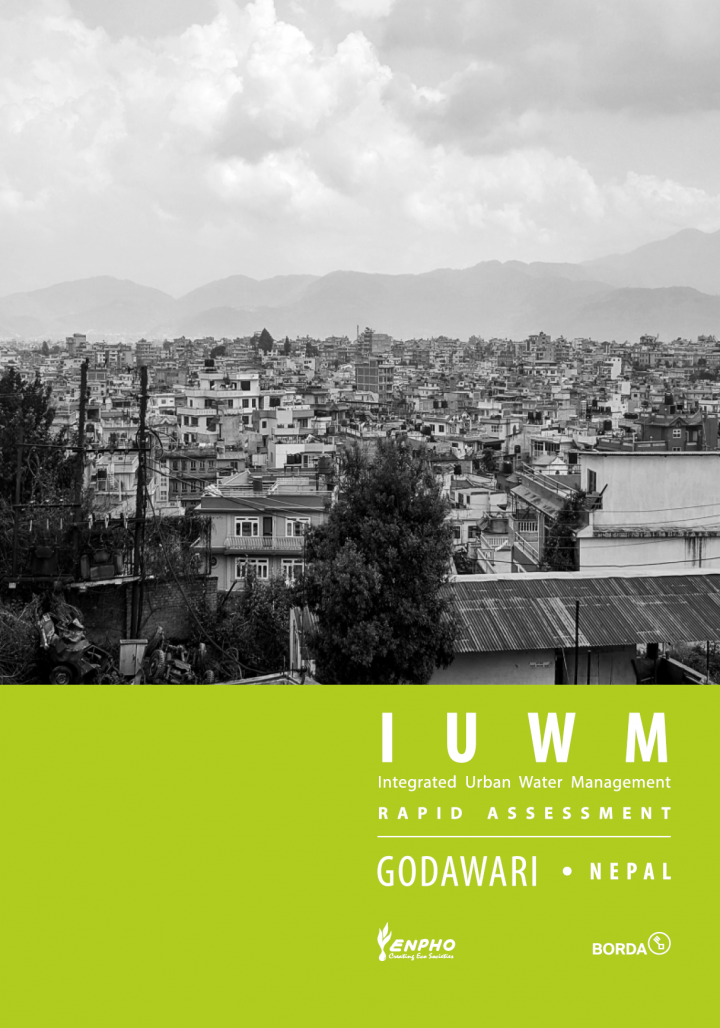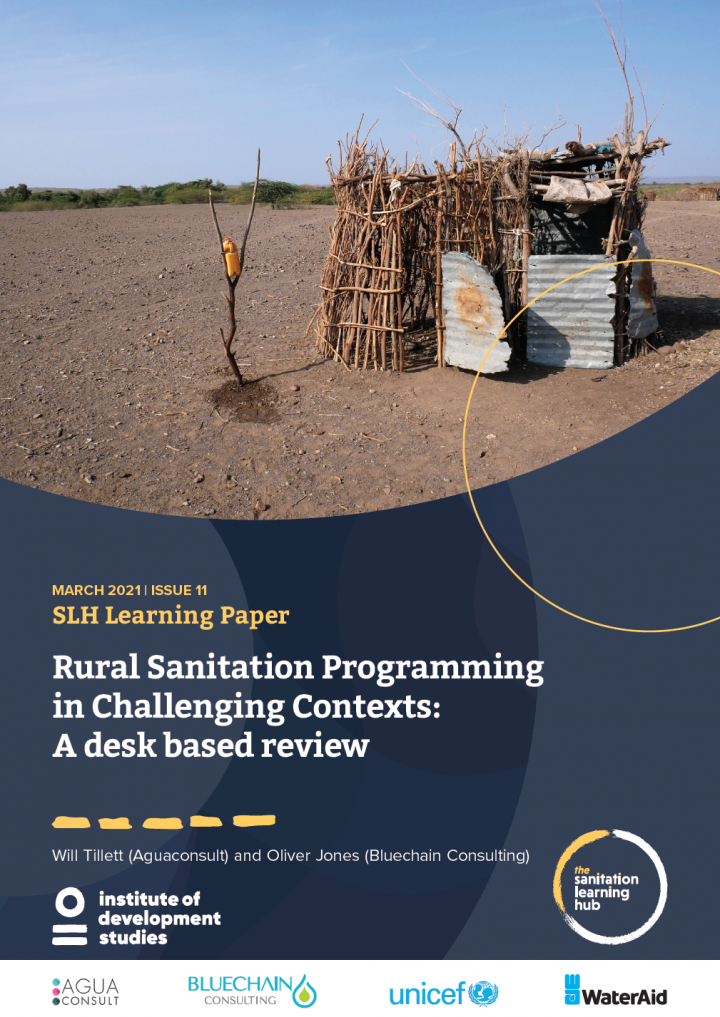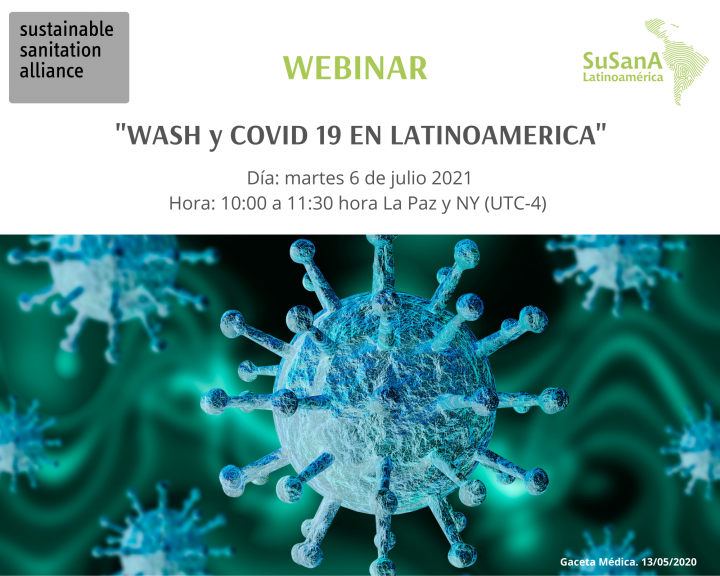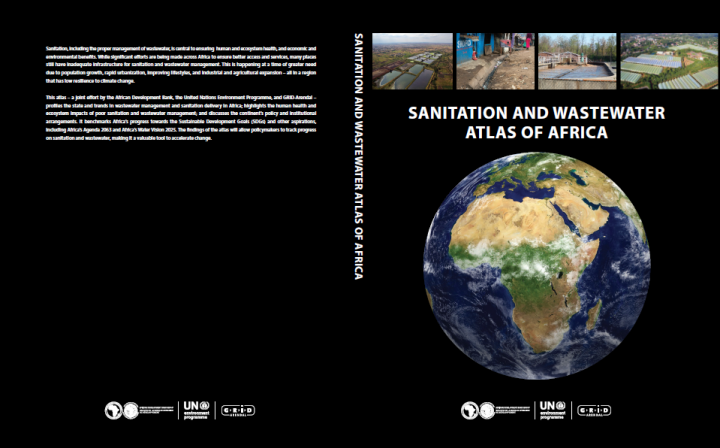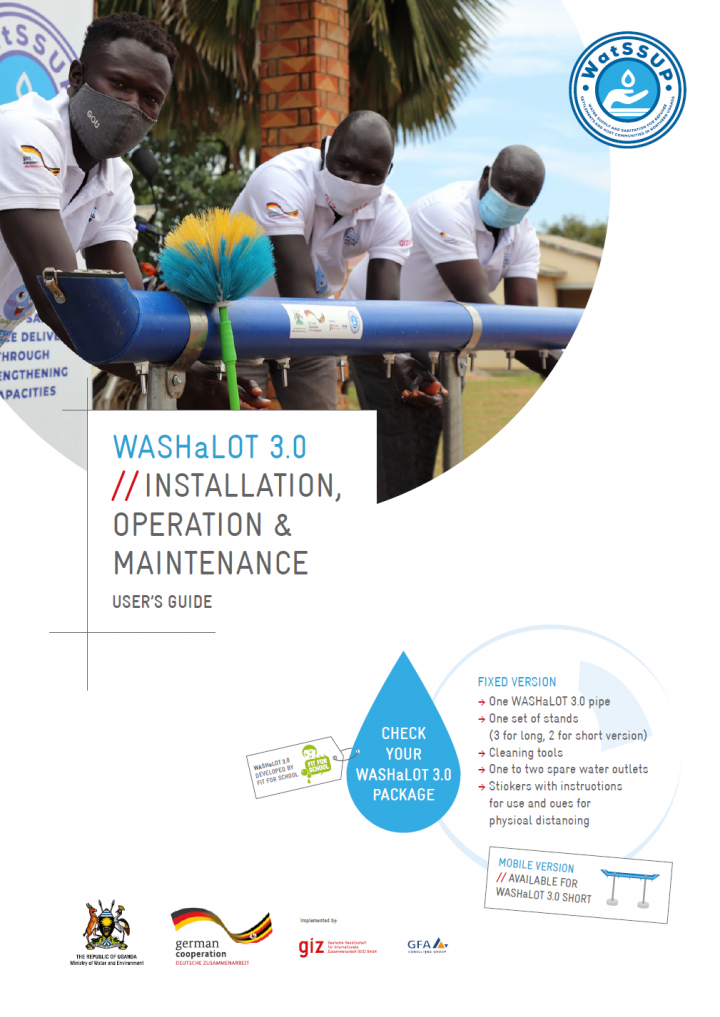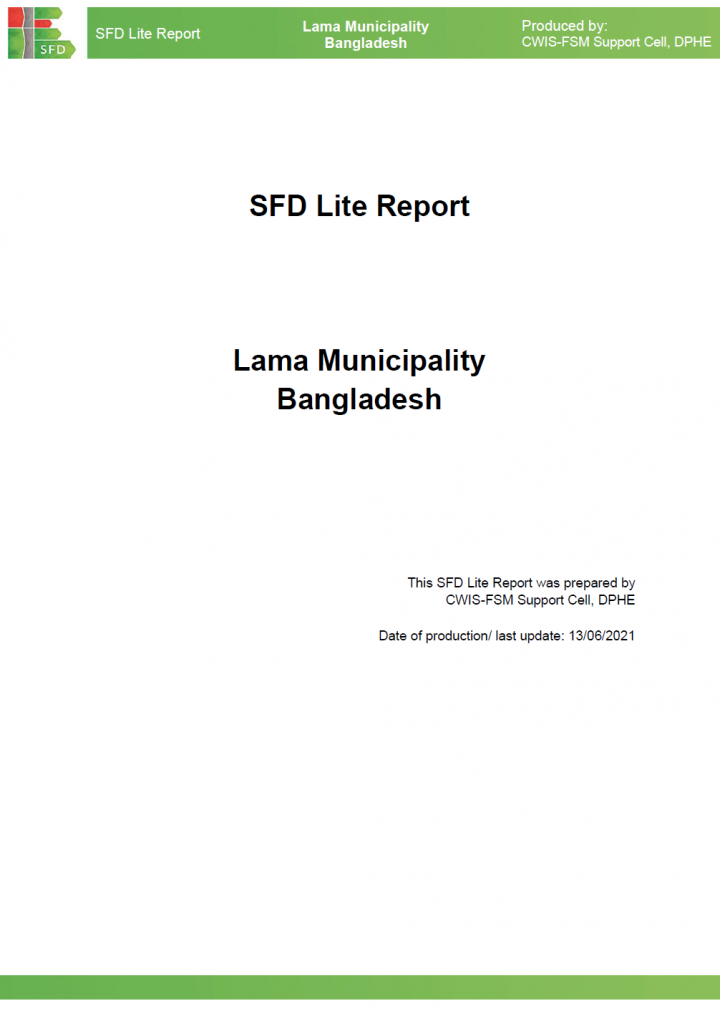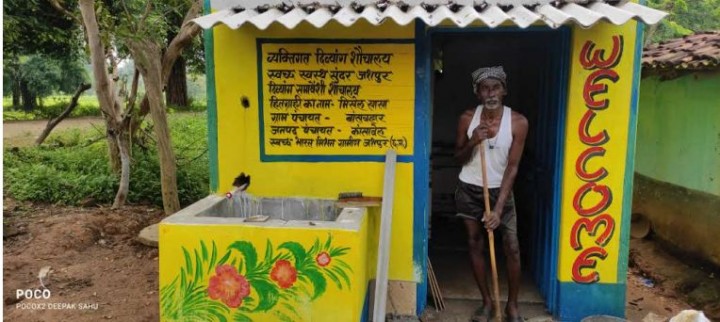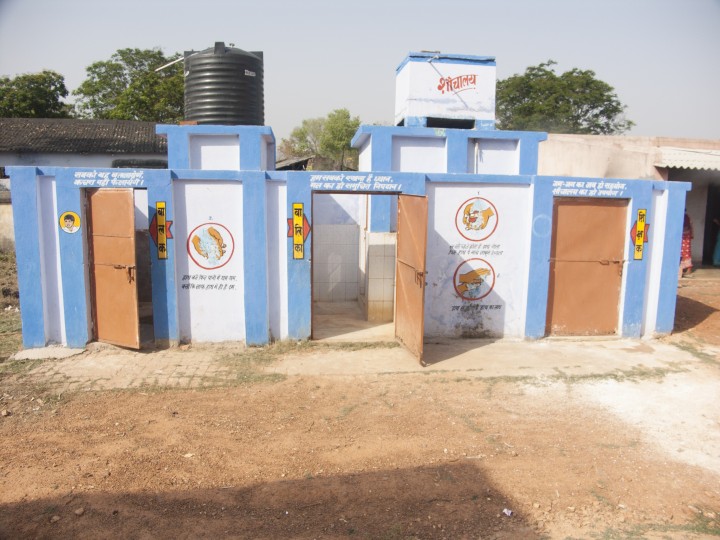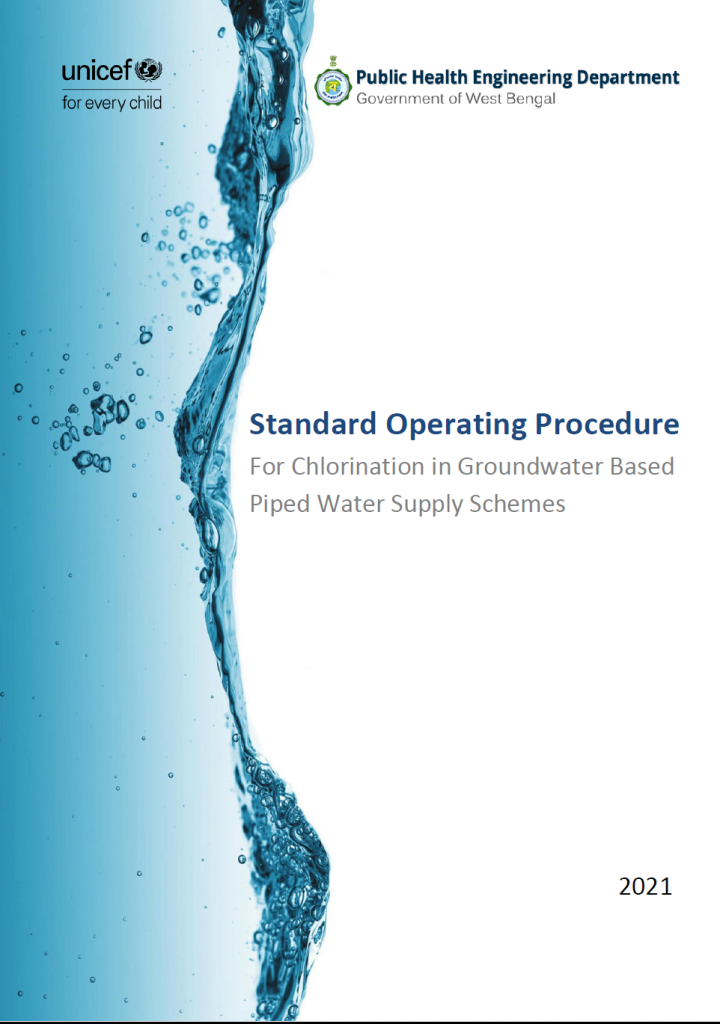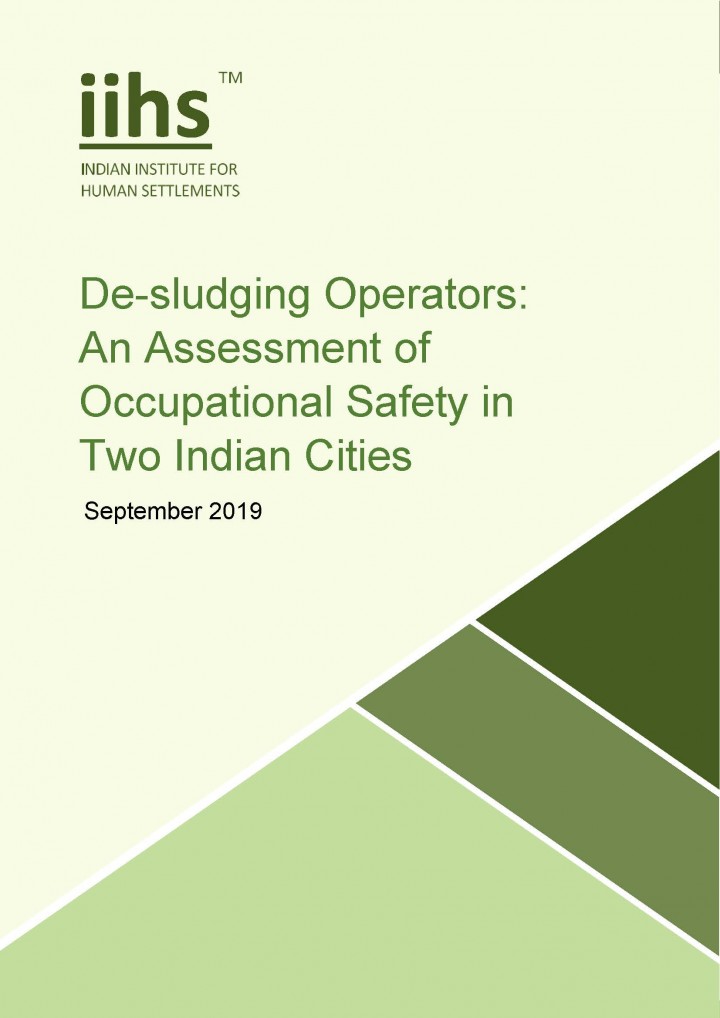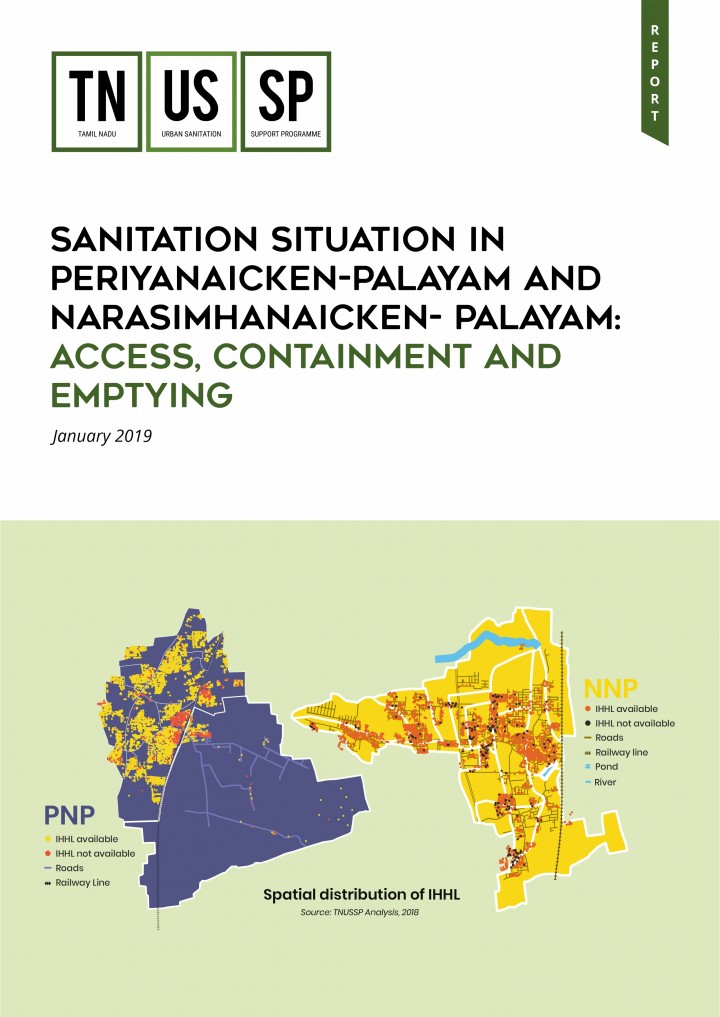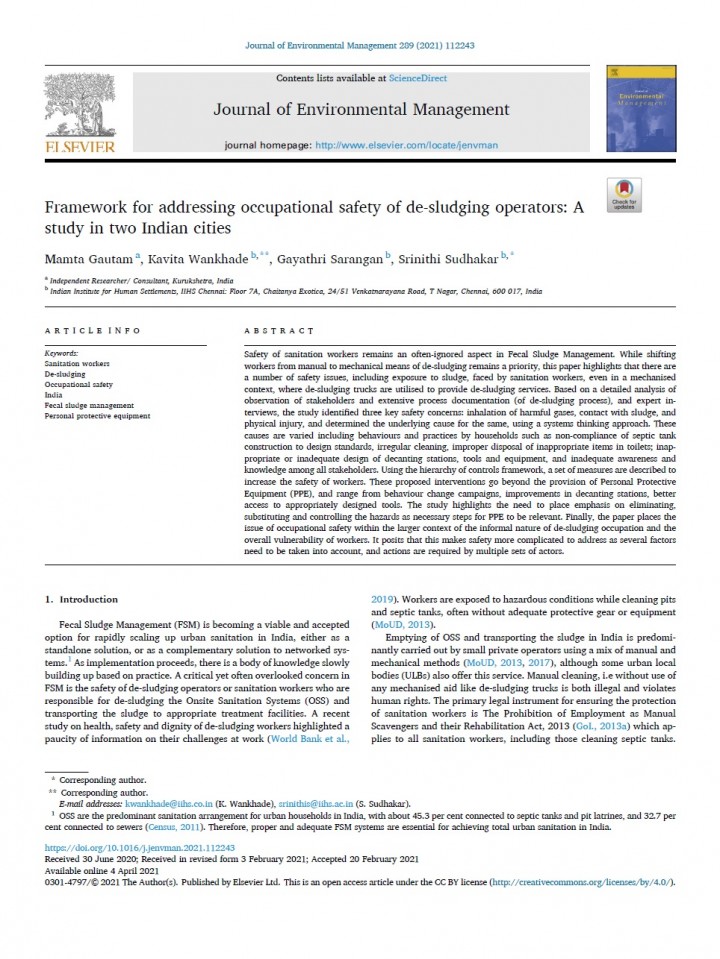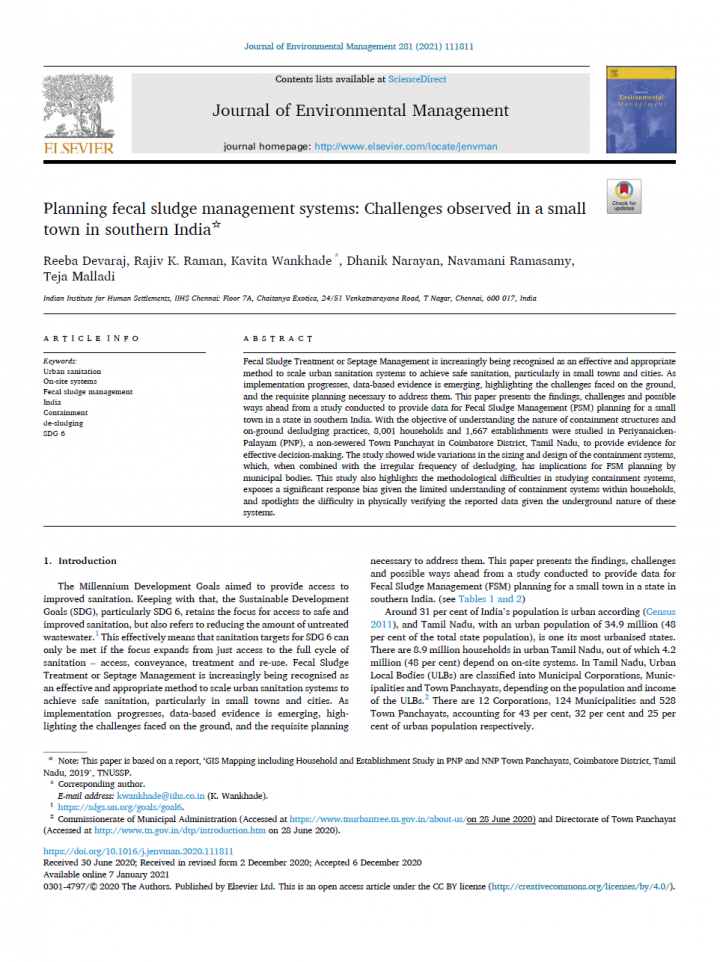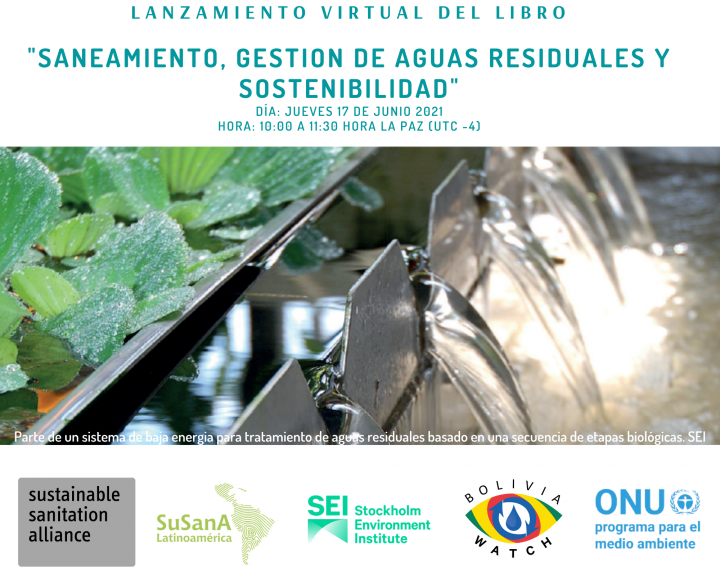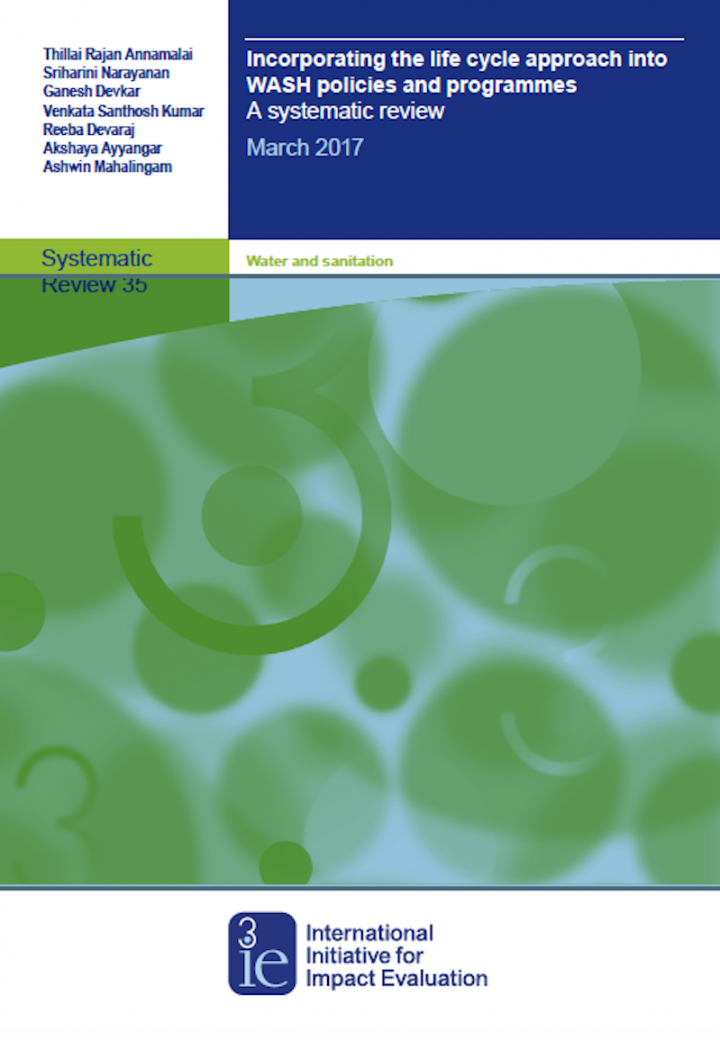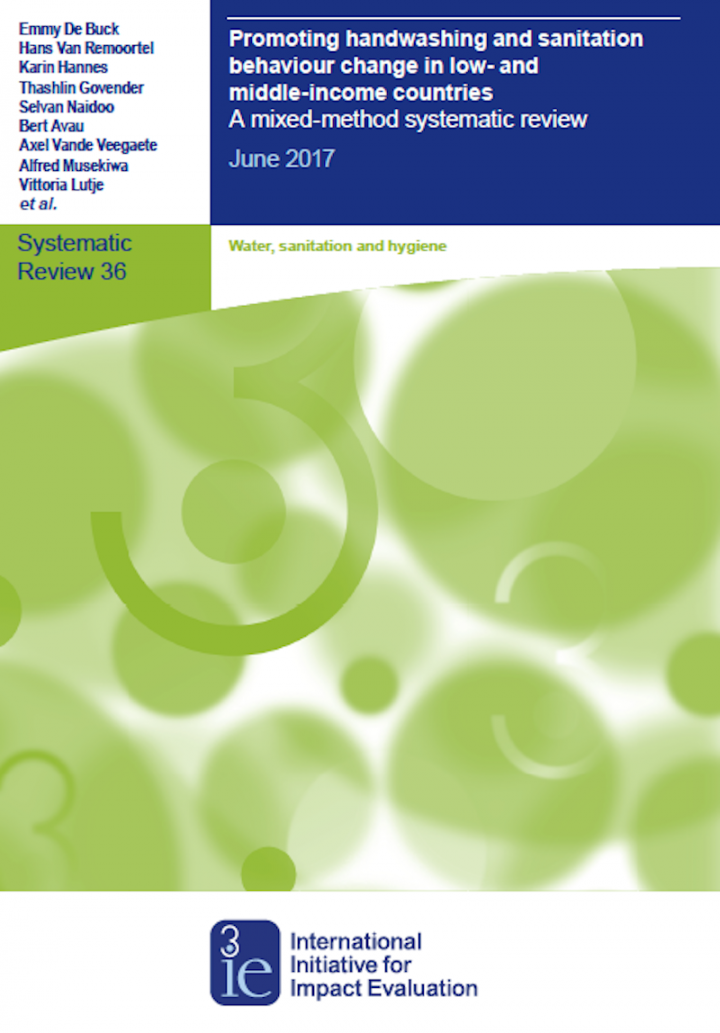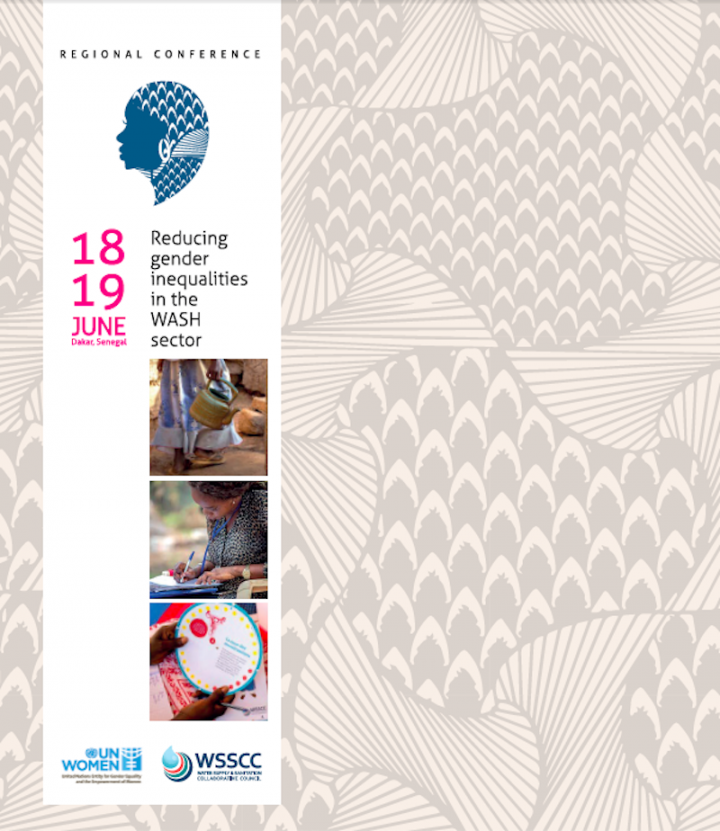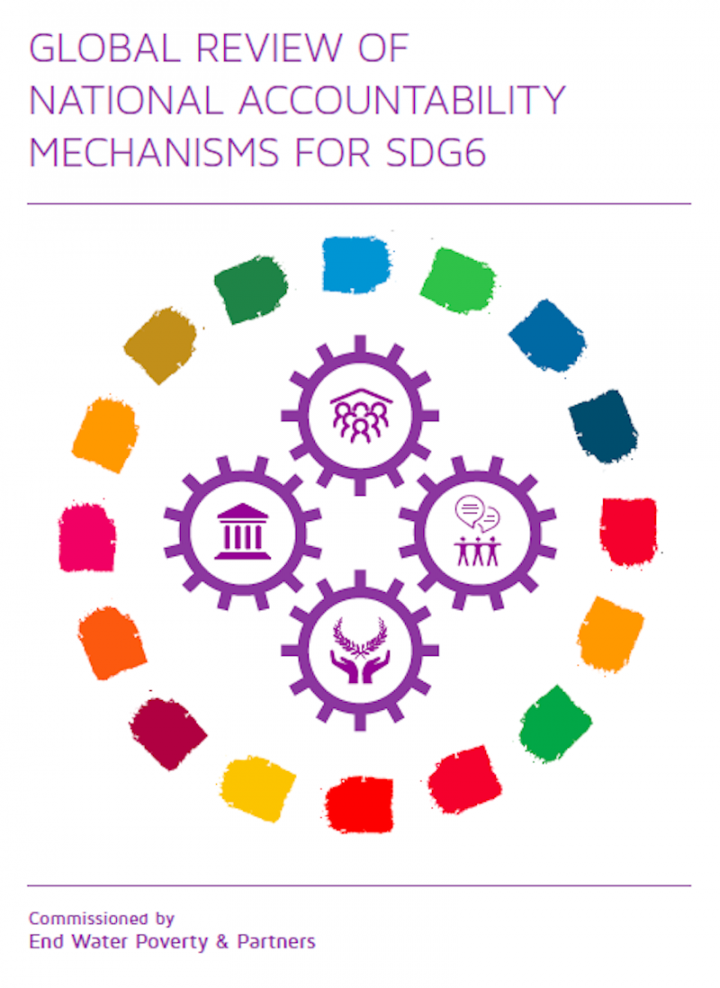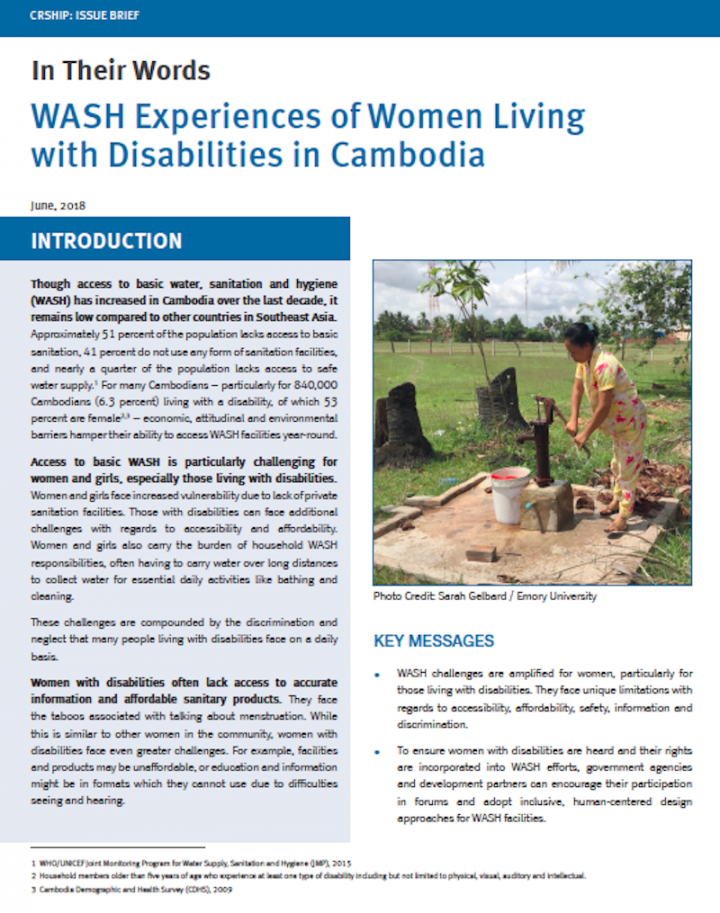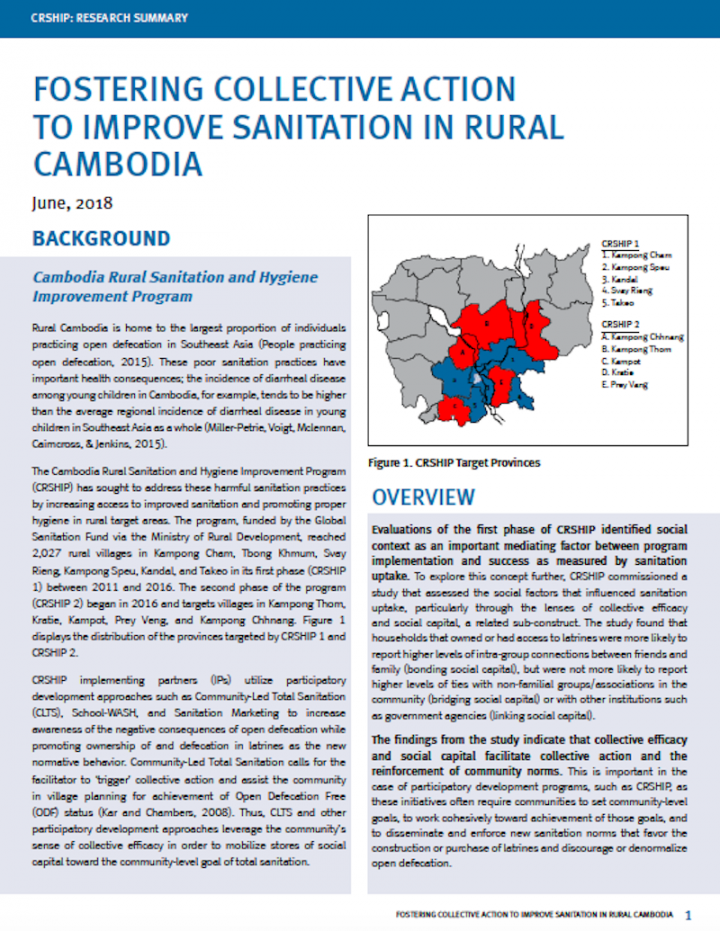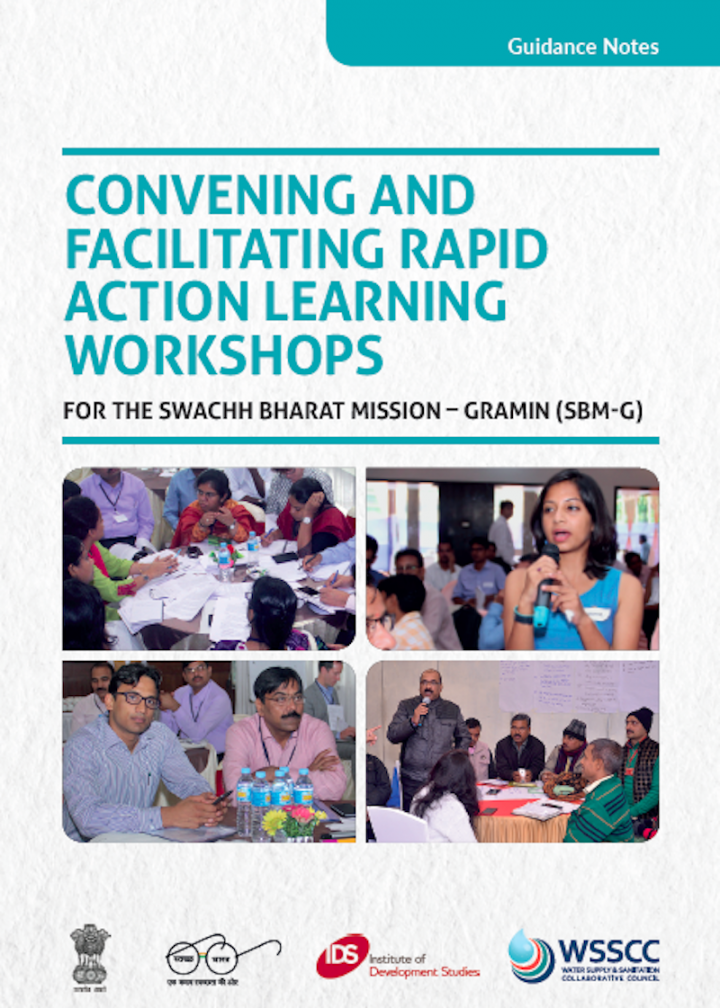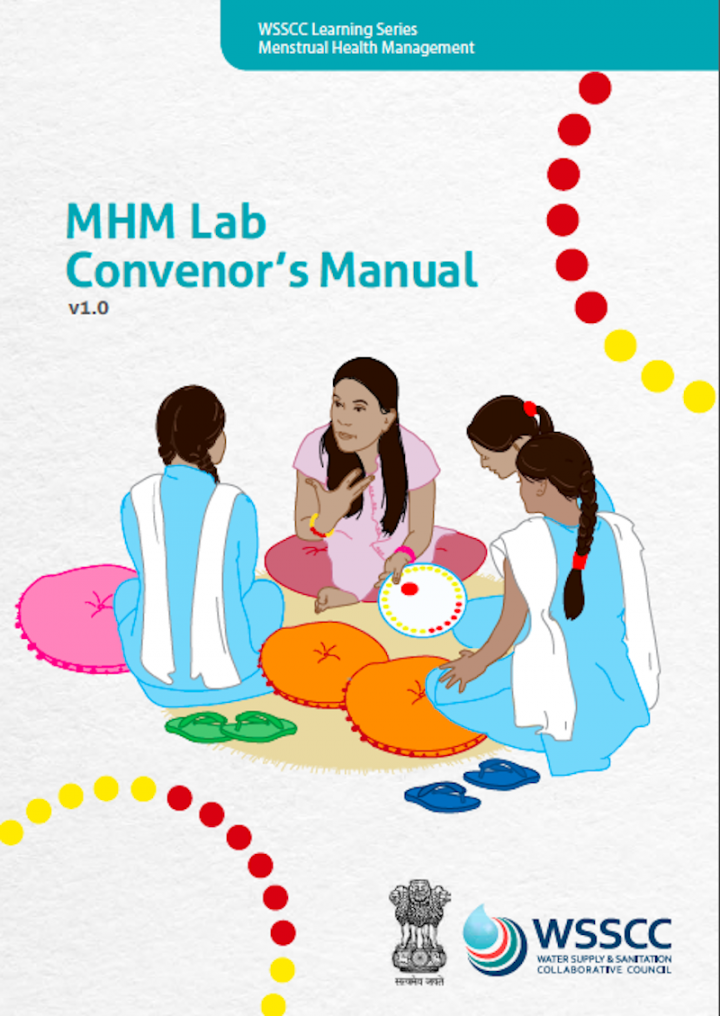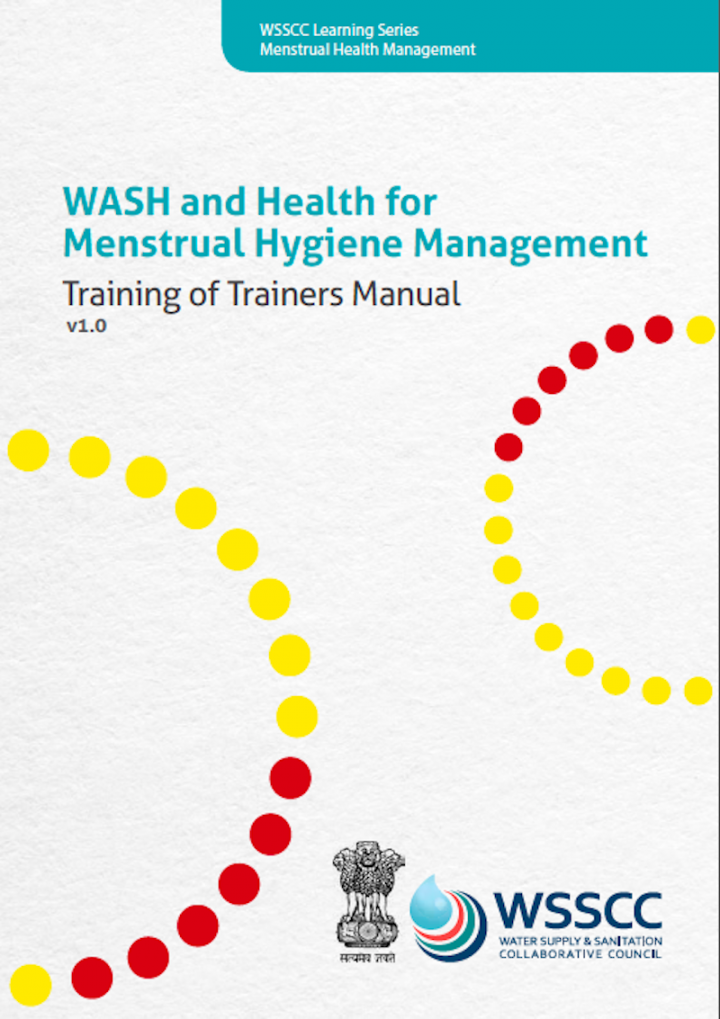Searching for information on Sanitation Workers?
The Sanitation Workers Knowledge + Learning Hub is the best source for all current news, trends, articles and updates on sanitation workers rights around the world.
According to RPJMN 2020–20241 figures, in 2018 almost 75 percent of the Indonesian population has access to improved sanitation nationally. This includes almost 7.5 percent classified as safely managed sanitation services based on Sustainable Development Goals (SDGs) 2030 definitions. These figures are impressive considering the low base of sanitation coverage with which the country has been …
LEDeG and BORDA have been working in partnership since 1987. Initially cooperation was focused on renewable energy projects which provided electricity to 67 villages through micro-hydro technology. The cooperation was later expanded to include a range of income generation activities such as food processing, handicrafts and food production. In recent years the cooperation has evolved to focus on …
ENPHO and BORDA have been working in partnership since 2004 to improve living conditions and to protect natural resources and climatic conditions in inadequately served urban and peri-urban settlements in South Asia. Concentrated in the field of urban sanitation, key achievements include technical support and scaling up of Decentralized Wastewater Treatment Systems (DEWATS), introducing Faecal …
Of the two billion people worldwide lacking access to at least basic sanitation, seven out of ten live in rural areas (JMP 2019). Progress has been made on increasing rural sanitation and access levels are rising, but challenges remain in reaching the ‘last mile’ or some 10 to 20 per cent of the population (Apanga et al. 2020; UNICEF 2015).
The factors affecting the ability of households …
En el inicio de COVID 19, la Sesión Stepping Stone - Capítulo de América Latina compartió ejemplos de soluciones y acciones durante la situación de pandemia sobre los siguientes temas.
1. Campaña Nicaragua Saludable y el Análisis de los retos de los CAPS para asegurar la sostenibilidad de los servicios de agua potable en el contexto de COVID 19
2. Covid-19 y las barreras al agua …
Sanitation, including the proper management of wastewater, is central to ensuring human and ecosystem health, and economic and environmental benefits. While significant efforts are being made across Africa to ensure better access and services, many places still have inadequate infrastructure for sanitation and wastewater management. This is happening at a time of greater need due to population …
As COVID response, the programme Water Supply and Sanitation for Refugee Settlements and Host Communities in Northern Uganda (WatSSUP) is supporting measures for improved hand hygiene in institutions. In cooperation with local actors the programme is implementing WASHaLOTs in Health Care Facilities, COVID-19 quarantine stations and schools in Northern Uganda.
The WASHaLOT has been first …
Lama municipality is a hill town of Bandarban, which is 366 km away from Dhaka city. It is surrounded by hills and River Matamuhuri. It is connected with road and water. Lama is a sub-division town (Upazila) in Bangladesh administrative map. Before, it was declared a municipality in 2001. Lama is one of the 330 municipalities in the country.
According to the population census in 2011 by the …
UNICEF Chhattisgarh devised an approach to maintain the WASH infrastructure in schools considering the importance of continued WASH facilities and services in general and more specific to reopening of schools with this continuing COVID-19 pandemic. Functional WASH services for a clean and safe environment and maintaining respiratory and hand hygiene are the first line of defense against the …
UNICEF and engineers from the Water and Sanitation Support Organisation from West Bengal have prepared these standard operating procedures for chlorination of groundwater-based piped water systems. It is based on field visits to to gain a thorough understanding of the piped water supply schemes and various factors that influence the concentration of free residual chlorine in distribution …
Safe collection, handling and transport of fecal sludge is an integral part of septage management. Limited attention has been paid to the safe collection, transport, disposal and treatment of human excreta from septic tanks. A study was conducted in two cities in India to understand the current desludging practices, the underlying reasons for current occupational practices and hazards, relevance …
TNUSSP carried out a geographic information system (GIS) based sanitation mapping of households and establishments in the two town panchayats of PNP and NNP with an aim to primarily understand the nature of containment and on-ground desludging practices to enable more effective planning. It also included the preparation of GIS-linked database of properties (with households and establishments) …
Safety of sanitation workers remains an often-ignored aspect in Fecal Sludge Management. While shifting workers from manual to mechanical means of de-sludging remains a priority, this paper highlights that there are a number of safety issues, including exposure to sludge, faced by sanitation workers, even in a mechanised context, where de-sludging trucks are utilised to provide de-sludging …
Fecal Sludge Treatment or Septage Management is increasingly being recognised as an effective and appropriate method to scale urban sanitation systems to achieve safe sanitation, particularly in small towns and cities. As implementation progresses, data-based evidence is emerging, highlighting the challenges faced on the ground, and the requisite planning necessary to address them. This paper …
The paradigm for identifying the beneficiaries and understanding their needs and requirements for delivery of WASH services has evolved over time. Initially, governments started with the overarching objective of providing universal access to WASH services. During the MDG period, there was increased thrust to understand the specific needs and requirements of different population segments, in order …
Diarrhoeal diseases are very common causes of death in low and middle-income countries. The aim for this systematic review was to show which promotional approaches might change handwashing and sanitation behaviour, and which implementation factors affect the success or failure of such promotional approaches.
Building on a human right-based approach, the Gender,Hygiene and Sanitation (GHS) Joint Programme, implemented by the Water Supply and Sanitation Collaborative Council (WSSCC) and the United Nations Entity for Gender Equality and the Empowerment of Women (UN Women), intends to support governments in assessing their policies, guidelines and budgets to better reflect women’s and girls’ rights …
This study took place between October 2017 and March 2018 and was led by CSOs in 25 countries under the umbrella of End Water Poverty, Watershed Consortium, Coalition Eau and the Water Supply and Sanitation Collaborative Council (WSSCC). Organisations agreed to conduct an in-depth inclusive analysis on country-level accountability mechanisms towards SDG6 on clean water and sanitation …
There is limited documented information about the WASH experiences of women with disabilities in Cambodia. It is critical to listen to their voices in order to better shape programs and policies, and begin challenging discriminatory attitudes. Greater participation is the first step to ensuring that women with disabilities can access the facilities, services, and products to manage their WASH …
The publication voices the importance of social context and collective action as a mediating factor between programme implementation and its success. CRSHIP assesses the social factors that influenced sanitation uptake, indicating the efficiency of communities participating together with local community leaders or NGOs to work cohesively in achieving their S&H goals.
The MHM Lab’s aim is simple: to transform menstruation into a matter of pride and help women and girls stop suffering in silence. By enabling safe and hygienic menstrual management (MHM), as well as safe reuse and/or disposal of menstrual hygiene products, the Lab allows women and girls to regain control of a basic but fundamental part of their well-being. Creating a welcoming yet efficient …
This Manual has been developed for trainers of WASH and for health practitioners, to enable them to speak confidently about an issue that is regularly shrouded in silence, and which impacts upon women and girls health, education and livelihoods. The Manual includes a series of learning units (LUs), which are aimed at teaching practitioners how to improve menstrual hygiene for women and girls. It …

